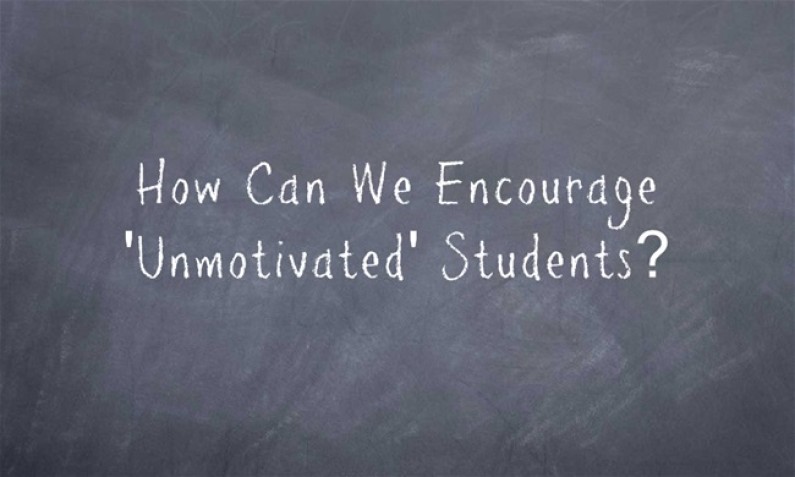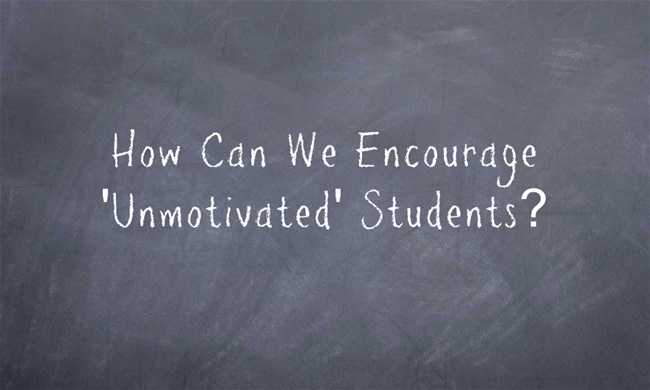

I was clearing my table ready to leave after a tediously busy eight-hour shift at the Reading and Writing Center when Ben*, a twenty-ish-year-old Liberal Arts major and a Program in Nursing hopeful, walked into the pretty much empty lab out of breath and out of own words; he desperately needed help with an essay with too many remarks from his professor.
Following my usual tutoring routine, I requested to see the assignment prompt, asked Ben to summarize the article for me (little did I know I was unraveling his latent potential), and read through the comments. The majority of the green remarks staring at me boldly from the margins and shrinking shyly in-between the lines cleared the picture right away- Ben needed to use his own words.
As a tutor with almost five years of experience in the field, I have come across such cases of unintentional plagiarism not once or even twice. It is not that students want to deliberately put themselves into hot water by borrowing someone else’s words. More often, the case is that they either do not fully comprehend the reading, or wish to make sure they have reported the author’s idea correctly, or simply lack the mental will to think of new words with similar if not exact meanings. So, I gave Ben a mini-lecture on paraphrasing, warned him against the perils of plagiarism, and had him do a small exercise. I took a sentence out of his essay, broke it down into fragments, and asked the tutee to give me a substitute word and/or expression for each part. I had no other choice but to get him going.
When Ben showed me his work about five minutes later, I was pleasantly surprised; he demonstrated a precise understanding of the concepts and his word choice surpassed those of the author himself. Indeed, “bestows” holds much more gravity than “give” and “naturalized citizens” sounds more politically correct than “foreign-born Americans.” You could work for The New York Times with your command of language conventions, I said to him half-jokingly, half-seriously. Then the Ben dropped the bomb on me. I swear I will never ever write an essay-schmessay after I am done with school and begin working at my father’s medical office, Ben said as he dropped his heavy pen on the table.
What saddened me the most in his case was not so much his challenge in paraphrasing or even the less-than-remarkable grade he had received; it was his lack of intrinsic motivation. I realized that his efforts were the result of external positive reinforcements such as passing the class, pleasing his professor, or getting on the track to the nursing school rather than the inner desire of seeing the rewards of acquiring new knowledge as well as making the connections between text and self. Since the universal mission of the educators is to make the students want to do something rather than make them do something, that comment of Ben’s was a knife poked in a sore spot.
Blog By Raya Dimitrova


